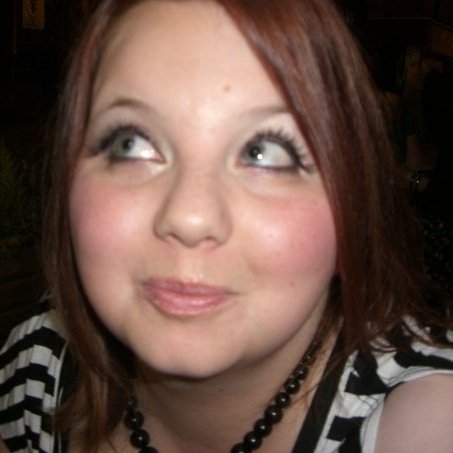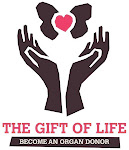First of all, here is a picture of me on dialysis! (ignore the chocy sticking out of my bag, its one of my weaknesses)
So I go for Haemodialysis or HD 3 times a week for 3 hours Monday, Wednesday and Friday on the twilight shift. I ring up the unit at around
So here is a picture of where I weigh myself and take my blood pressure.
Heamodialysis consists of me having two needles (quite big ones) inserted into my fistula in my upper arm. They are a bit painful when they are inserted but during the dialysis session I can’t feel a thing. So a fistula is a surgically enlarged vein attached to an artery I have two scars where each needle is inserted (they aren’t inserted in exactly the same place every time, but not far off, causing quite big lumps on my arms). Heres a picture of one of the needles that is used.
I have to keep my arm very still during the dialysis session to ensure the needles stay in the right place. I think I’ve shown you this before but if you want to see how a fistula is made and used click here, it probably explains it better than me.
This provides access to the bloodstream for haemodialysis. The fistula buzzes all the time which is a good thing as this means the blood is flowing through it freely. One needle is to carry blood out of my arm and the other to carry blood back to me after.
So as well as removing fluid like I’ve already talked about, the machine’s main job is to remove toxins from my blood by cleaning it. While in the filtering system the blood flows through tubes made of a membrane that allows the waste products (which are much smaller than blood cells) to pass out through it. The waste products pass through the membrane into a dialysis solution (dialysate), then out of the machine. The "clean" blood is carried on through and returned safely to the body.
This happens over and over again throughout the dialysis session. Each time the "clean" blood is returned to the body, it picks up more waste products from the cells it circulates through, and brings these newly-collected toxins back to the dialyser (or artificial kidney – which is the white tube with the blue top and bottom on the picture) to be removed.
Fresh dialysate is passed through continuously to make the rate of the cleaning process as fast as possible.
Click here to see a picture of dialysis in action....
My machine is called Sneezy...

Here is a picture of the screen of my machine...
the information it shows is the amount of fluid I have removed up until that point, the time left on the machine, the amount of fluid I will take off by the end of the session and the rate it is being taken off (how much each hour) It also tells me how much blood is flowing through the machine at that moment, and how much blood has been cleaned altogether which could be over 50litres!!!

So basically that’s dialysis in a nutshell. The main question I get asked is do you feel anything and does it hurt, the needles hurt a tiny bit going in but that’s it, I don’t feel a thing, I don’t feel the blood going in or out. I just sit back and let the machine do all the work I usually just watch the tele (all the soaps) whilst I’m on the machine and this passes the time. I would go to sleep if I could but there is constant hustle and bustle and machines beeping! The machine beeps if I accidentally lean on the tubes (containing the blood), if I move my arm by mistake or most importantly when the dialysis has finished.
So if you’ve got any other questions, just ask and I’ll do my best to explain.













